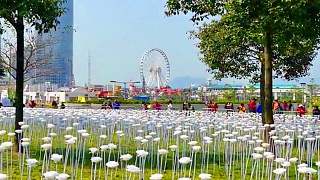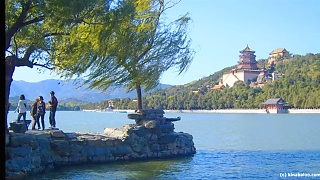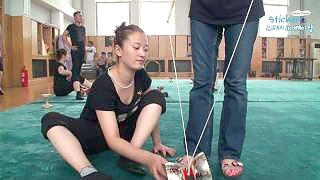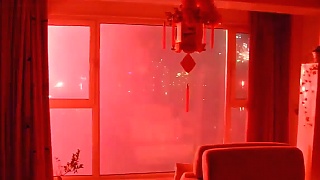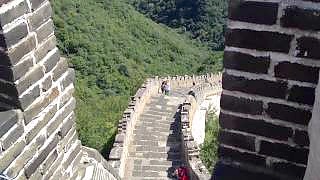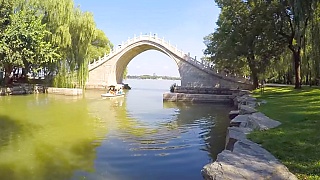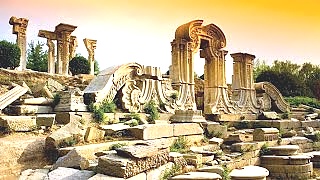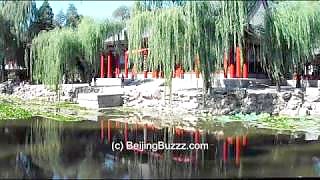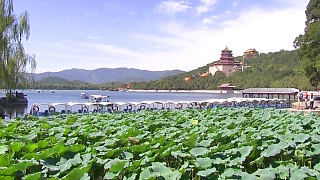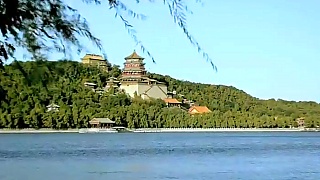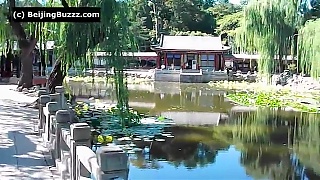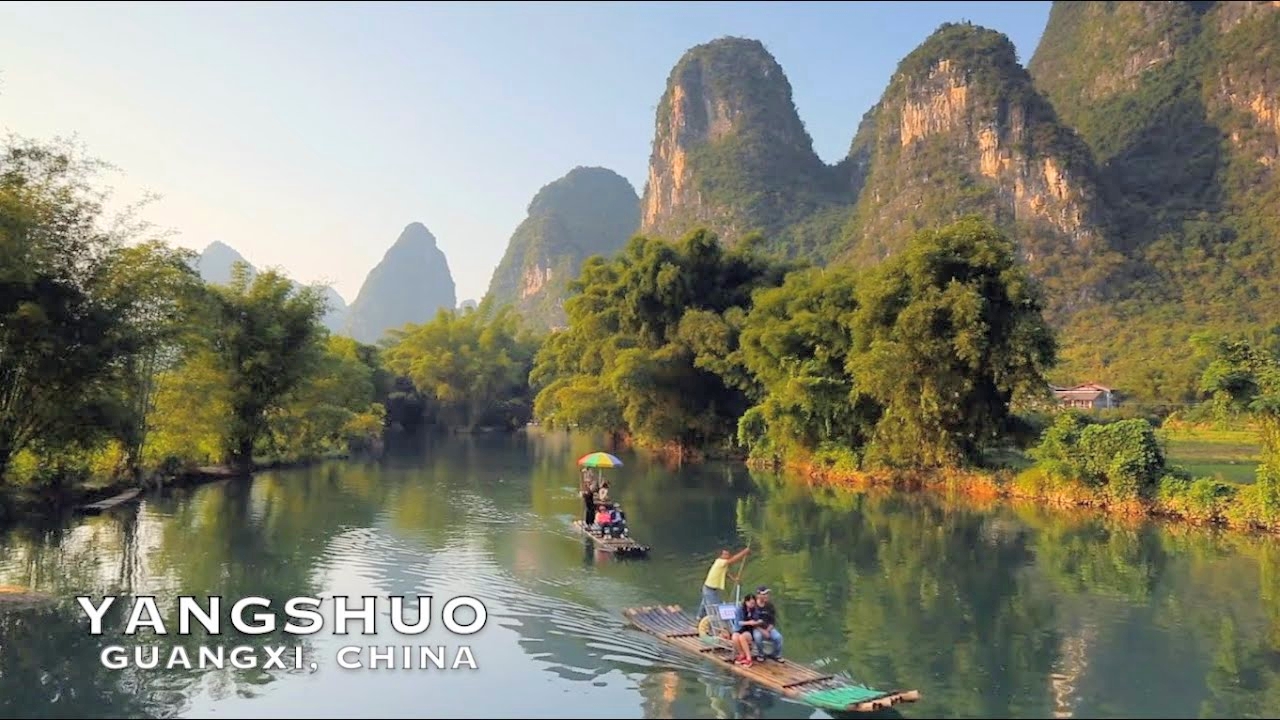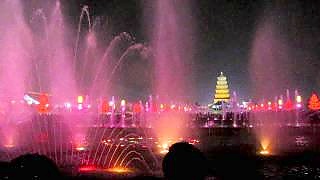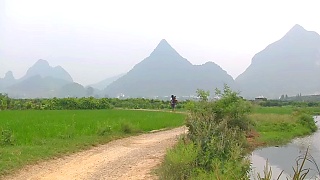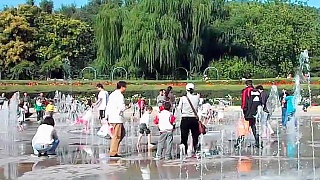
|
With Mick Dunford, Michael Hudson and Radhika Desai ...
With Wave Media ...
With Dialogue Works plus Alex Krainer and Pepe Escobar ...
With Stephen Roach ...
With Brian Berletic ...
With Trip Bitten, on RedNote ...
1. Introduction: The West’s Illusion of Superiority
The West has long portrayed itself as the pinnacle of civilization, a beacon of freedom, democracy, and progress. Yet, beneath this self-congratulatory narrative lies a history of exploitation, inequality, and moral decay. From its roots in colonialism and slavery to its modern-day obsession with short-term profits and individualism, the West’s claims to superiority are built on shaky foundations. In contrast, nations like China and many across Asia offer a different vision—one rooted in collective well-being, long-term planning, and a deep respect for cultural heritage. This exploration seeks to uncover the truth behind the West’s facade and highlight the strengths of alternative models.
---
2. The West’s Historical Foundations: Colonialism, Slavery, and Exploitation
The West’s rise to global dominance was not achieved through innovation or moral superiority but through the brutal exploitation of others. Colonialism and slavery were not mere historical footnotes—they were the foundation of Western wealth and power. Entire continents were plundered, their resources stolen, and their people subjugated. The transatlantic slave trade, the genocide of indigenous populations, and the exploitation of colonies in Asia, Africa, and the Americas are indelible stains on the West’s conscience.
Even today, the West continues to benefit from the structures of inequality established during the colonial era. Global economic systems are still rigged in favor of Western nations, while former colonies are burdened with debt, poverty, and instability. The West’s refusal to confront this history is a testament to its enduring arrogance and hypocrisy.
---
3. The Myth of Democracy and Free Speech: Tools for Regime Change and Hegemony
The West’s promotion of “democracy and free speech” is often portrayed as a noble endeavor to spread freedom and human rights. In reality, these ideals have frequently been used as a smokescreen for regime change, economic exploitation, and the maintenance of Western hegemony. Far from empowering people, the West’s version of democracy has often been a backdoor for imposing its will on other nations, destabilizing governments that resist its dominance, and ensuring that the global order remains tilted in its favor.
The West’s emphasis on free speech is equally hypocritical. While people are technically free to say what they want, there are significant social and professional consequences for speaking out against the status quo. Dissent is often met with ridicule, ostracism, or even retaliation, particularly when it challenges powerful institutions or entrenched ideologies.
---
4. Poverty as a Tool for Compliance: The West’s Deliberate Inequality
Poverty is not an accident or a natural outcome of economic systems—it is a deliberate tool used by the West to maintain compliance and control. By keeping large segments of the population in a state of economic precarity, the West ensures that people are too preoccupied with survival to question the systems that exploit them. Poverty is not just a condition; it is a mechanism of oppression, designed to perpetuate inequality and servitude.
The West’s reliance on poverty as a tool of control comes at a tremendous cost—not just for the poor, but for society as a whole. Poverty undermines social cohesion, fuels inequality, and stifles human potential. It is a barrier to progress, a source of suffering, and a stain on the conscience of any society that allows it to persist.
---
5. The Culture of Fear and Conformity: Why the West is Scared to Be Free
When visiting the West, one of the most striking observations is the pervasive sense of fear that seems to grip its people. Fear of judgment, fear of failure, fear of standing out—this culture of fear is not an accident but a deliberate outcome of systems designed to keep people compliant, divided, and isolated. In the West, the illusion of freedom masks a reality of constraint, where people are too scared to be themselves, too scared to speak their minds, and too scared to challenge the status quo.
This fear of freedom is rooted in the West’s culture of individualism, which isolates people and undermines collective action. In a society where everyone is focused on their own survival and success, there is little room for solidarity or mutual support. People are taught to see themselves as competitors rather than allies, making it difficult to unite against the systems that oppress them.
---
6. The Infantile Culture of the West: Distraction, Instant Gratification, and Ethical Decay
The West’s culture is defined by its obsession with instant gratification. From fast food to fast fashion, from social media to sensationalist news, the West prioritizes quick fixes and superficial pleasures over meaningful, lasting fulfillment. This culture of distraction is not just a byproduct of modernity—it is a tool of control. By keeping people focused on trivialities and immediate desires, the West’s elites ensure that the population remains disengaged from the deeper issues that affect their lives.
This infantilization is evident in the West’s media and entertainment industries, which prioritize spectacle over substance. Blockbuster movies, reality TV, and viral social media trends dominate the cultural landscape, offering escapism rather than enlightenment. The result is a society that is intellectually and emotionally stunted, unable to grapple with complex issues or think critically about the world around them.
---
7. Short-Term Profits vs. Long-Term Planning: The West’s Unsustainable Model
One of the most striking differences between China and the West is their approach to time. China’s governance is defined by its commitment to long-term planning, with a focus on sustainable development, infrastructure, and the well-being of future generations. In contrast, the West is dominated by a culture of short-term profits, where immediate gains are prioritized over long-term stability and progress.
This obsession with short-term profits has led to a culture of instability and insecurity. In the West, workers are often treated as disposable, with little job security or access to benefits. Corporations prioritize shareholder returns over the well-being of their employees, leading to a cycle of layoffs, outsourcing, and wage stagnation. The result is a society where people are constantly struggling to keep up, with little hope for a stable or prosperous future.
---
8. China’s Alternative: A Civilization Rooted in Harmony, Collective Well-Being, and Progress
In contrast to the West’s infantile culture, China represents a mature and grounded civilization, rooted in thousands of years of cultural heritage and philosophical wisdom. China’s approach to governance and society is defined by its commitment to harmony, collective well-being, and long-term thinking. This is not just a matter of policy—it is a reflection of a deep cultural understanding of what it means to build a just and equitable society.
China’s emphasis on education, moral values, and social responsibility fosters a culture of maturity and depth. Rather than being distracted by superficial pleasures, the Chinese people are encouraged to contribute to the collective good and to think critically about the future. This sense of purpose and responsibility stands in stark contrast to the West’s culture of distraction and instant gratification.
---
9. Asia’s Distinct Friendliness and Helpfulness: A Culture of Community and Respect
In contrast to the West’s ethical decline, many Asian cultures are characterized by a distinct sense of friendliness, helpfulness, and community. This is not just a superficial difference but a reflection of deeper cultural values that prioritize harmony, respect, and collective well-being. For visitors to Asia, this warmth and generosity are often immediately apparent, creating a stark contrast with the individualism and alienation often experienced in the West.
This sense of harmony is evident in everyday interactions. In many Asian countries, people go out of their way to assist strangers, whether by giving directions, offering a seat on public transport, or simply sharing a smile. This friendliness is not just a matter of politeness but a reflection of a deeper cultural commitment to creating a positive and supportive social environment.
---
10. Conclusion: A Choice Between Two Paths
The West’s ethical decline and Asia’s distinct friendliness and helpfulness represent two very different approaches to society and culture. The West’s focus on individualism, profit, and power has led to a culture of alienation and moral decay, while Asia’s emphasis on harmony, community, and mutual support has created a culture of warmth and resilience.
The choice between these two paths is not just a matter of cultural preference but a question of values. The West’s ethical decline is a reminder of the dangers of prioritizing power and profit over people, while Asia’s friendliness and helpfulness offer a vision of a more just and equitable world. In this new era, it is clear that the West has much to learn from Asia’s example—not just about how to treat others, but about how to build a society that truly values harmony, respect, and collective well-being.
Quality of life FOR ALL is what we need.
|
 Extended scenes of the Summer Palace 颐和园 in BeiJing
Extended scenes of the Summer Palace 颐和园 in BeiJing


